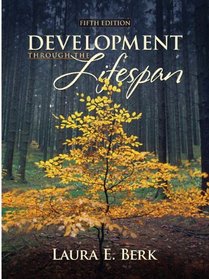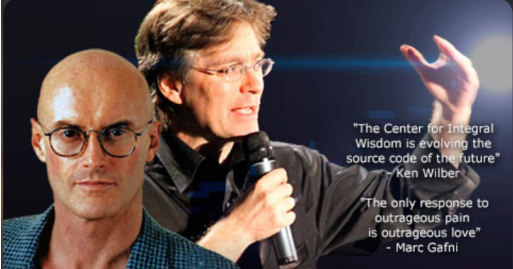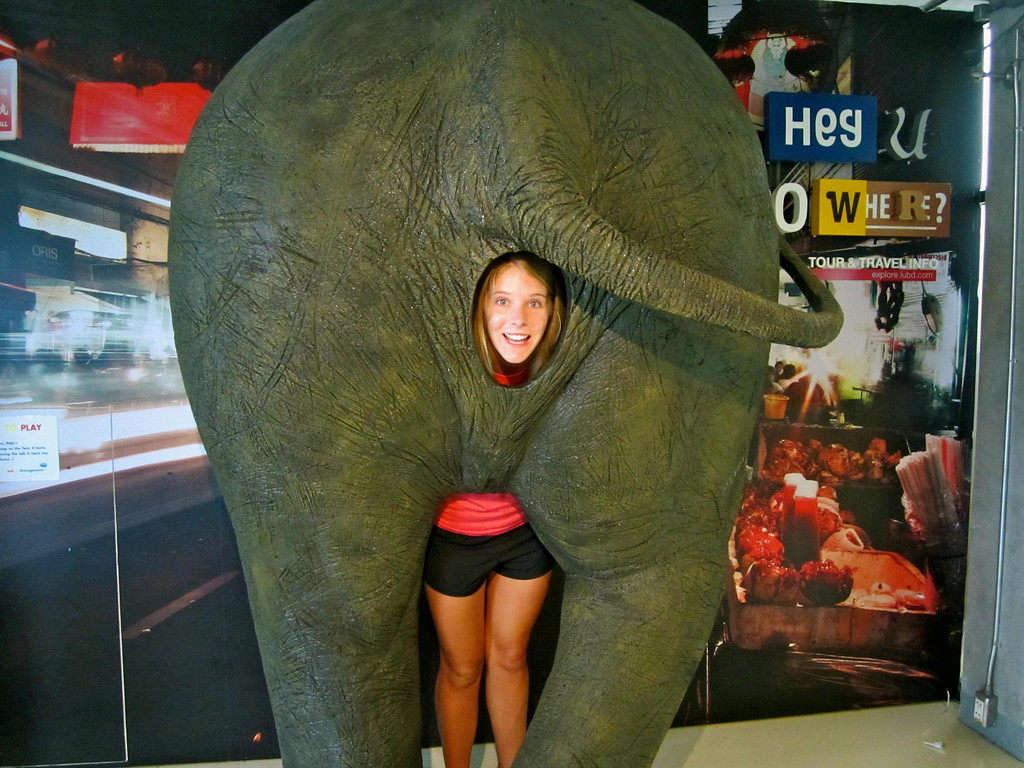 I took a course this summer in Human Development as part of my graduate program in counseling. I had taken a similar course as an undergraduate, back in 1990, and I was pleasantly surprised by how much more integral/holistic the field has become in the last twenty years, at least as put forth by Dr. Laura Berk in her Development Through the Lifespan book. Berk summarizes the lifespan perspective on development as follows:
I took a course this summer in Human Development as part of my graduate program in counseling. I had taken a similar course as an undergraduate, back in 1990, and I was pleasantly surprised by how much more integral/holistic the field has become in the last twenty years, at least as put forth by Dr. Laura Berk in her Development Through the Lifespan book. Berk summarizes the lifespan perspective on development as follows:
…a balanced view that envisions development as a dynamic system. It is based on assumptions that development is lifelong, multidimensional (affected by biological, psychological, and social forces), multidirectional (an expression of both growth and decline), and plastic (open to change through new experiences). (p.41)
Sounds pretty integral-ish to me!
Dr. Berk continually reminds the reader of the complex, biopsychosocial nature of development, which challenges any simplistic conclusions we might draw based on any single factor, like heredity, for instance. An example of this is the study (Caspi et al, 2002) referenced where boys, even when they had a gene known to predispose people toward aggression, did not in fact show abnormal levels of aggression as long as they were raised in an family environment free from abuse.
I was struck by the degree to which psychological and social factors were shown to influence human development, even at the prenatal stage of life. Considering the number of factors— environmental, relational, political, etc.— that can impact the emotional stress of pregnant women, it is mind-blowing to contemplate the number of things that can indirectly put babies at risk for a wide range of potential problems. One study (Yehuda et al., 2005) showed how the events of 9/11 indirectly affected cortisol levels in infants’ saliva (which can impact the developing child’s susceptibility to a wide range of developmental problems later in life) by causing extreme anxiety in some mothers who happened to be pregnant during the terrorist attacks. So, even something as seemingly remote as our political relations with other countries can have an impact (indirectly) on the physiological development of our children. This understanding is, of course, consistent with the models of integral health presented here on this site.
While I was heartened by the general trend toward a more comprehensive, biopsychosocial approach to the modern study of human development, I was troubled that healthy development in adulthood is still for the most part described as if it’s a matter of conforming to conventional roles and social norms, while poor adjustment is linked to being out-of-step with societal expectations. At one point in the book, an adult’s inability or refusal to conform to society’s age-graded expectations (the “social clock” marking life events like first job, marriage, having kids, etc.) is linked not only to increased psychological stress, but also to undermining the stability of society:
…the stability of society depends on having people committed to social-clock patterns” (p.471)
This, of course, gets to the deeper questions, such as What does it really mean to be an adult?, that are still largely ignored in mainstream academic inquiry. Personally, I’ve never defined my adult status and development in terms of education, career goals, jobs, intimate relationships, parenthood, home-ownership, or even age. Rather, I conceive of maturity and personal growth as a process of continually getting deeper in terms of 1) my self-awareness/self-knowledge, and 2) my capacity for love and compassion. That said, it’s still good to see the mainstream study of human development embracing a more holistic approach in recent years.






 I just finished reading
I just finished reading